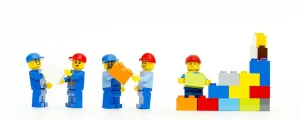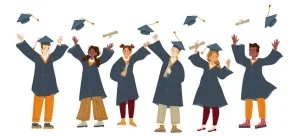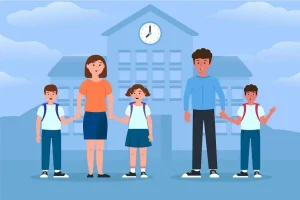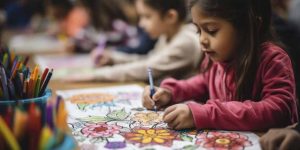Parent Guide: Kindergarten to Primary School Transitions
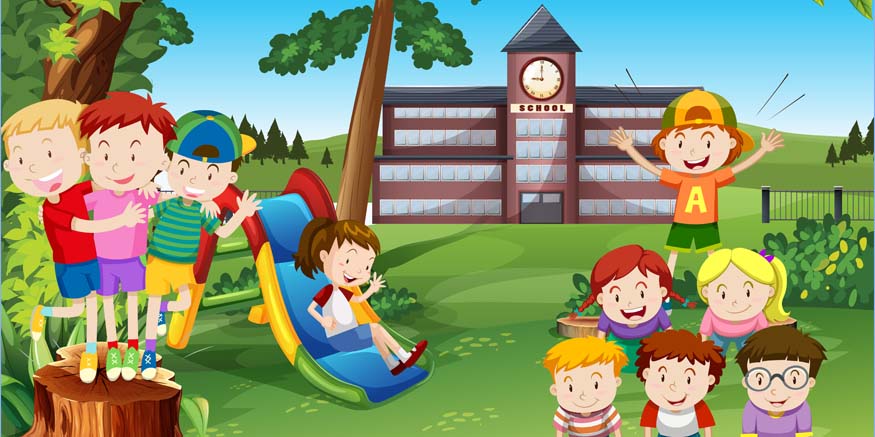
The move from kindergarten to primary school is a major journey for kids and parents as well. This is a very important stage in life for a child as it shapes his or her academic journeys and social abilities. Parents must recognise their roles and responsibilities to ensure the effective transition to Primary school for their children. Focussing on how to encourage independence in children, and helping build their social skills is extremely important at this stage. Instructing, inspiring, and providing an atmosphere where it’s easier for them to settle down is crucial. This enables parents to assist their children in moving ahead with self-assurance and eagerness into this new, exciting stage of their lives.
Why is the Transition to Primary School important?
The kindergarten to Primary School transition is more than just changing classrooms. It’s a very significant development stage that can shape how a child learns in the future. This point acts as the foundation for their educational process. Additionally, it influences social, emotional and cognitive growth. It’s a time in a child’s life when they start gaining independence, making new friends, and getting deeply involved in learning.
Tips to Support a Smooth Transition for Your Child
To ensure that your child becomes familiar with the environment of a primary school, you must take steps to ensure a smooth transition. . Your child’s academic journey will be characterised by change. Facilitating the love of learning, exploring emotions and how to manage them, and promoting bonding with the school community is crucial to ensuring that they feel comfortable in their new environment.
- Develop good habits
- Encourage them to be Independent
- Practice Making Friends
- Set up your home environment to encourage learning
- Talk to your child frequently.
Establishing good habits can shape your child’s transition to primary school. Ask your child to make a schedule that includes sleeping, eating, and allocating time for study. They will need your help with this, but encouraging them to do it on their own will instil a sense of responsibility while building their independence. The creation of an organised timetable will enable your child to feel more secure, and will help them navigate the pressures of adjusting to primary school life.
Encouraging kids to become independent is important. This saves them from getting overwhelmed by the world around them. Allow your child to dress themselves, pack their own bag for school, and do very basic tasks on their own. This boosts their self-confidence and makes them independent, while equipping them with skills necessary for thriving in primary school.
A child’s life is incomplete without friendships. Ensure your child participates in some social and collective activities such as playdates, extracurricular clubs, or community events. Provide the chance for your child to make friends with other children of different ages. It will help them feel more at ease in their new school.
It is important to build a supportive learning environment at home that compliments the educational path of your child. Set aside a quiet area where they can study. Arrange resources like age-appropriate educational games, books and other learning materials. Encourage them to get practical with hands-on activities that foster exploration of their interests and interactive learning experiences. In this way, parents can instil a love for learning in their children, and enhance an education-based value system for success in future primary school years.
The transition to primary school is a difficult time for a child. At that age, they may not be able to completely articulate the challenges they feel while adjusting to a new and hectic environment. As a parent, it is important to spend time and effort in understanding your child’s thoughts, feelings and worries. Communicate with your child often and openly so that they can express their feelings. Calmly listen to their concerns, ask questions to better understand the problem, and offer support and assurance. By keeping lines of communication open, you will strengthen your bond with your child, and increase their confidence levels for the road ahead.
Academic Myths
In this section, we take a close look at some myths often associated with preparing for the transition from kindergarten to primary school.
Myth: Academic readiness starts only when the child enters primary school.
Fact: Academic performance encompasses a comprehensive approach to study. It is not about what a child learns, but how they learn. Support their inquisitiveness and creativity by developing a love for reading, and hands-on experience beyond school boundaries. Encouraging a love of learning will help your child become a lifelong learner.
Myth: Academic achievements are primarily judged by grades and test scores.
Fact: Academic accomplishments extend much further than marks and exam results. True academic achievement includes other vital traits, such as critical thinking, problem-solving abilities, creativity, and emotional intelligence. These are key to an individual’s lifelong success in school and other aspects of life such as family, relationships, jobs and careers.
Myth: Rote Learning and memorisation is the basis for academic preparation.
Fact: Effective preparation for academics must focus more on understanding basic concepts rather than routine memorization. It encourages question-based learning, experimentation, and application of knowledge in real-life scenarios. All of this promotes a child’s curiosity about learning while enhancing the overall learning experience.
The transition from kindergarten to primary school is a collaborative effort. It requires support from parents, educators, and the community. At Billabong High International School, we recognise the significance of this transition. We work to provide a seamless experience for both children and parents. To learn about our commitment to creating environments for every child to thrive, visit our website or contact our admissions office today!




